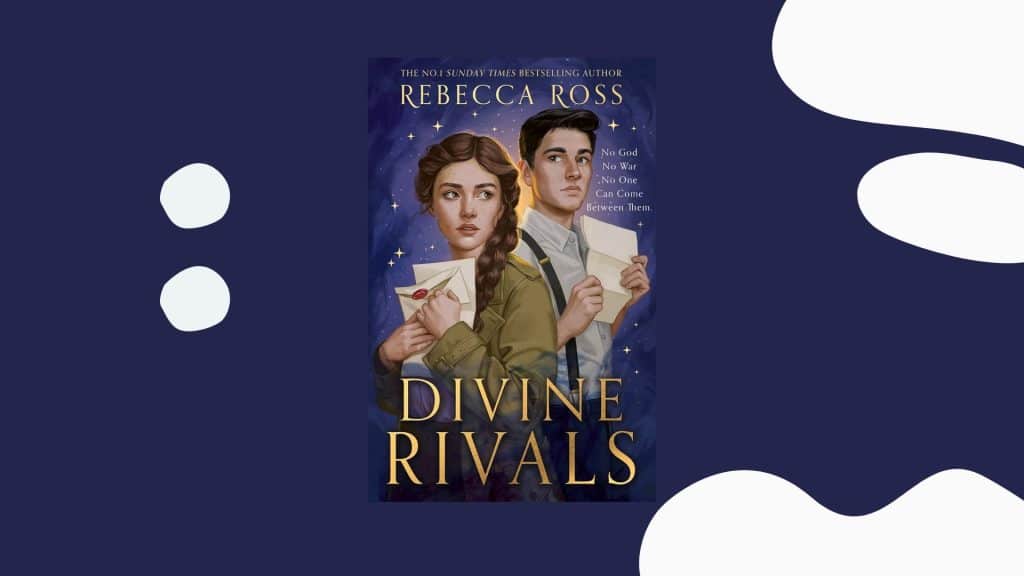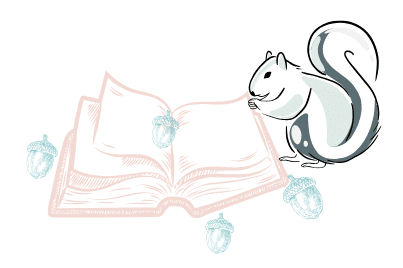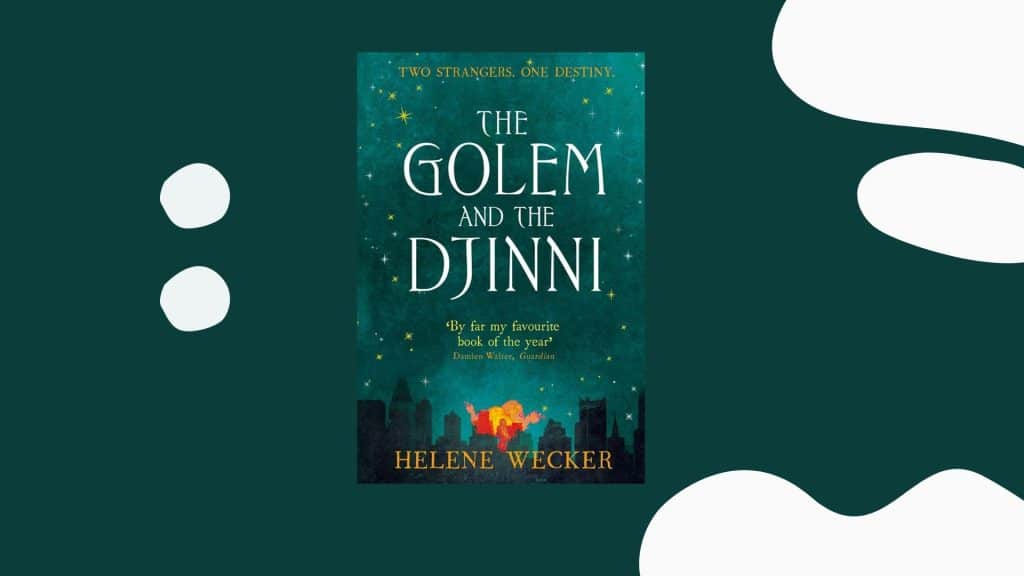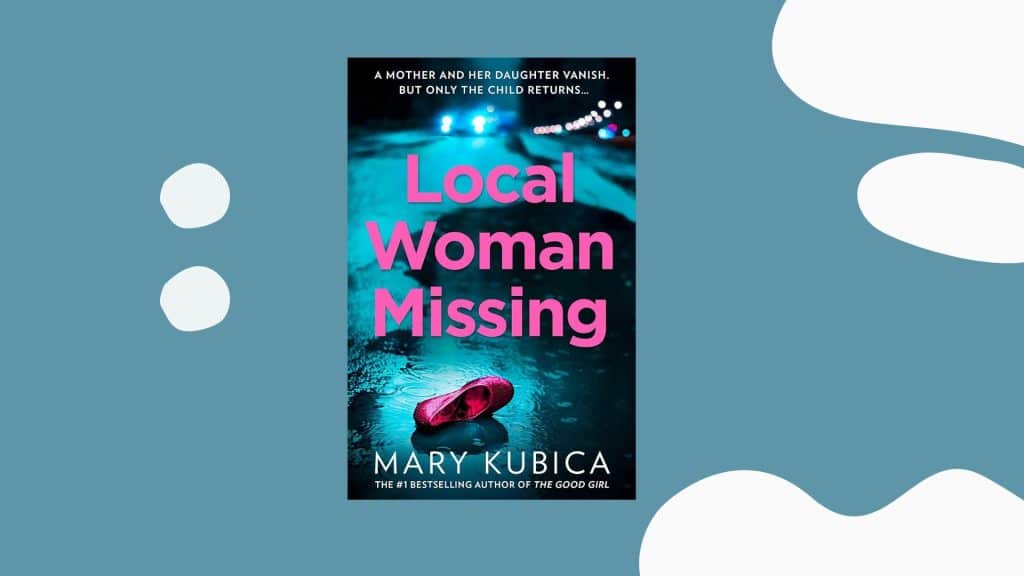If you’ve read Divine Rivals by Rebecca Ross, you already know how much heart and emotion this story carries. At the center of it is Roman Kitt — a quiet, thoughtful, and deeply complex character. His journey through grief, love, and war adds a powerful layer to the book.
This blog will help you delivers deep into the Roman story. We’ll examine who Roman is, what he brings to the book, and why he has such a strong impact on readers. If you loved Roman or are just curious to learn more about him, you’re in the right place.
Who Is Roman Kitt in Divine Rivals?

Roman Kitt is one of the main characters in Divine Rivals. He works as a journalist at the Oath Gazette, where he meets the book’s main female lead, Iris Winnow. Roman is the son of a well-known politician, but he doesn’t use his name or status to get ahead. Instead, he works hard to earn respect on his own.
He starts as distant and private. Roman doesn’t talk much about his family or past, and it’s clear he’s been through pain. But under that calm surface is someone who cares deeply and wants to do the right thing.
Roman Kitt’s Character Development Throughout the Book
Roman doesn’t stay the same from beginning to end. When we first meet him, he seems confident but guarded. He hides behind his work and keeps people at arm’s length. But the letters he writes help him break out of that shell.
As he opens up to Iris, we learn more about the grief he carries — especially around his mother. Roman also struggles with feeling like he’s not doing enough. He wants to help, but he’s not sure how.
By the end of the book, Roman finds a sense of purpose, takes risks, and follows his heart. His growth is quiet but powerful, and it shows that bravery isn’t always loud—sometimes, it’s choosing to care, even when it hurts.
Roman Kitt and Iris Winnow: A Love Story Born from Letters

One of the most touching parts of the book is the connection between Roman and Iris. It starts with letters sent through a magical wardrobe. Neither knows who the other is at first, but their words bring comfort and hope.
Roman figures out who Iris is early on, but he keeps it a secret. Through his letters, he opens up in ways he never could do face-to-face. Readers get to see a more vulnerable side of him — one full of love, fear, and longing.
Their relationship grows slowly but beautifully. It’s full of real moments: misunderstandings, forgiveness, and deep emotion. Roman and Iris are both trying to survive a world at war, but they find strength in each other.
Roman Kitt’s Role in the War and the Fantasy World
In Divine Rivals, the world is at war. Two gods are fighting, and humans are caught in the middle. Roman doesn’t go off to battle at first. He stays back to report the truth and bring stories to the people.
But being a journalist during wartime isn’t safe or easy. Roman faces danger, too — from censorship, violence, and fear. Still, he uses his words as a weapon against lies and silence. He believes that stories matter, even in war.
Later in the book, Roman’s role in the war shifts. Without giving away too much, let’s say he makes a bold decision that changes everything. It shows how much he’s grown and what he’s willing to risk.
Symbolism and Themes Tied to Roman Kitt
Roman isn’t just a character — he represents bigger ideas in the story. One big theme he reflects on is grief. Roman has lost his mother, and that loss shapes how he sees the world. He learns to carry that pain while still loving and living.
He also represents truth and the power of the written word. As a journalist, he believes that telling people’s stories is a form of resistance. His letters to Iris show how writing can connect hearts, even in the darkest times.
Most of all, the Roman symbolizes hope. Even when the world falls apart, he holds onto love. His quiet strength gives the story heart, and his presence is a steady light for Iris and readers.
Key Quotes from Roman Kitt That Hit Home
“You feel like a dream I didn’t know I had until you wrote to me.”
This line shows how deeply Roman feels, even when he struggles to say it out loud.
“The world is burning, but I still want to write to you.”
Even during war, Roman finds time for love. It shows what matters most to him.
“I’m not brave like you, Iris. But I want to be.”
This quote sums up Roman’s quiet longing to be more — to be enough. And in the end, he is.
Why Roman Kitt Stands Out Among YA Fantasy Heroes
There are a lot of great male leads in young adult fantasy, but Roman is different. He isn’t a warrior or a prince. He’s not flashy or perfect. He’s a regular guy with a lot of heart.
What makes Roman special is his emotional depth. He listens. He writes. He cares. And he never tries to overshadow Iris — instead, he supports her, believes in her, and stands beside her.
Readers relate to Roman because he feels real. His fears, doubts, and dreams are familiar. And even though he lives in a fantasy world, his struggles are deeply human.
Spoiler Section: Roman’s Ending in Divine Rivals
Spoilers Ahead! Skip this section if you haven’t finished the book.
At the end of Divine Rivals, Roman goes off to war. He wants to be where Iris is and help in any way he can. But things don’t go smoothly. Roman is captured, and for a moment, it feels like all hope is lost.
The final scene is heartbreaking and leaves readers with a cliffhanger. Roman’s fate is unclear, and it’s one of the reasons fans rushed to read the sequel, Ruthless Vows. Still, even in those final pages, Roman’s love and bravery shine through.
What makes it even more devastating is the way he clings to Iris’s letters — her words become his anchor, his reason to hold on. Even as the enemy surrounds him, even as darkness closes in, Roman’s thoughts are with her.
There’s something achingly beautiful about that — the idea that love, expressed through ink and paper, can be a lifeline in the midst of war.
His last moments in the book aren’t filled with action or grand gestures but with quiet strength. A soft defiance. A hope that somehow, against all odds, he’ll find his way back to her.
It’s a brutal ending — not because it’s violent, but because it leaves your heart in your throat. And yet, it’s also a promise: that love stories like theirs don’t just end in silence. They wait to be continued.
Conclusion
Roman Kitt isn’t loud or showy, but he leaves a deep mark. He reminds us that softness is strength. That writing can heal. That love, even in secret, can change everything.
His journey in Divine Rivals is emotional, honest, and full of growth. Whether you read it for the romance, the magic, or the meaning, Roman’s story stays with you.
Fans of the book often say Roman feels like a real person — and that’s the magic of great writing. He’s the kind of character you want to write letters to, even if he’ll never read them.
He teaches us that courage doesn’t always roar; sometimes, it’s quiet and steady, found in the written word or a silent act of love. He reminds us that vulnerability isn’t a weakness — it’s the heart of true connection. And even when the world is at war, Roman shows us how love can be a kind of peace.
Long after the final page, his words echo. His presence lingers. Roman Kitt isn’t just a character — he’s a feeling you carry with you.
Frequently Asked Questions
Is Roman Kitt Based on A Real Person?
The author has not confirmed this, but Roman feels very human. His emotions, struggles, and kindness make him relatable.
What makes Roman and Iris’s relationship special?
Their bond is built through words, not just looks. It’s slow, deep, and full of trust.
Will Roman be in the sequel (Ruthless Vows)?
Yes, Roman’s story continues in Ruthless Vows. Without giving spoilers, let’s say his journey is far from over.









